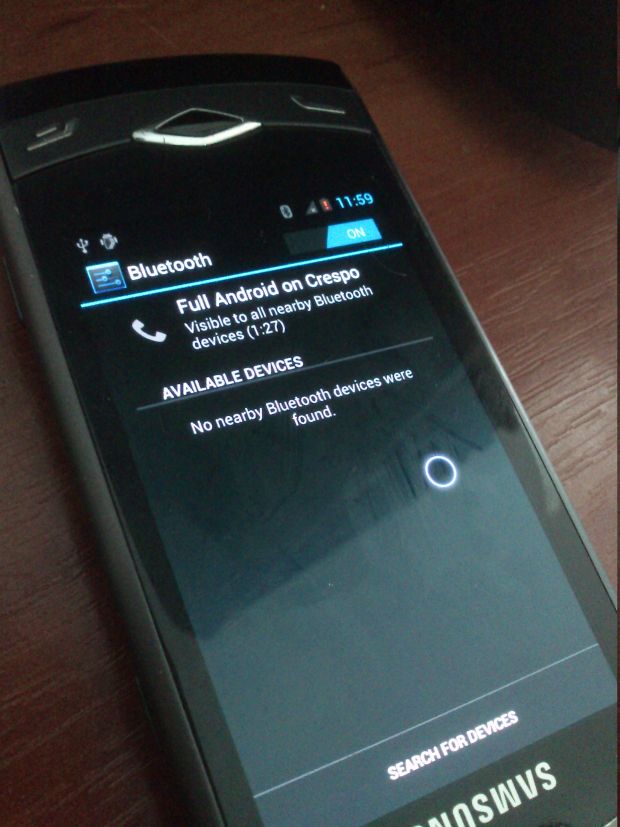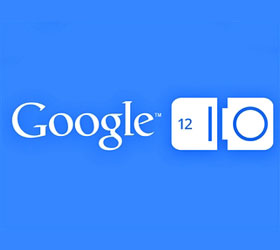What’s good is that sharing stuff on computers doesn’t have the same connotation as it does with physical objects. Sharing your lunch with someone automatically deprives you of part of it, sharing a book with someone means you only one person can read it at a time, finally you share a room and you are sacrificing your privacy and personal space to benefit someone else. Sharing is quite altruistic, and it right that many parents try to inculcate these values in their children from an early age, to get them over that initial hump where the question why they should do something that is not always to their benefit.
A computer, on the other hand, lets you share without penalty, share a book with someone and you can both still read it, share a software and you both can use it. Unless the thing you are sharing is the computer itself, of course!
Unfortunately, it is this one basic feature, and one of the biggest benefits of computers that is the cause of great controversy. With every game announced, the first thing many people look for is what kind of oppressive DRM scheme will be used in it. They do this not because they plan to pirate it—if they did they wouldn’t worry about DRM—but rather because they plan to legally purchase it, and want to know what they are getting into.
Sharing is good, copying is bad
No one will argue that sharing is bad, but copying is given a bad name from childhood. Perhaps because there is a laziness about it, that someone would take work that has already been done, with no effort put in. You learn early in school that copying answers of someone else’s homework—or worse, exam—will have negative repercussions.
As a child it is important to know what you are learning, and copying is not the answer, you gain no knowledge by copying. Even so, at that point it is never the intention of teachers to have the child do something new. In the end, in most subjects, you are copying, because what is being tested is not your ability to come up with interesting answers, but in your ability to retain information. Creativity in your History and Geography answers is forbidden. You are being tested for doing something that the computer is clearly much better at doing.
This is and early childhood phenomenon of course, a professional historian will analyse and inspect evidence and come to conclusions of what might have happened. A child learning science in school just needs to learn the principles, but these are the very principles that will be challenged when they go into research in that field.
Of course these ideas are to be abandoned when you have developed the ability to think for yourself. If we all continue into adulthood with the same childish dispositions, we would forbid scientists from using computers to perform computation on protein folding models since that would be “cheating”.
So this leads us to question to what extent copying is a bad thing? And where does it stop?
Copycat
We have established that as a child straight-up copying is bad because the children are being encouraged to learn the material themselves and reach the same answers. As a adult, things are quite different.
Society is what it is because people have built up on the work of others. When Newton developed his famous laws of motion, physicists that followed him didn’t wipe the slate clean, so they wouldn’t be copying his work. Rather they looked at all he had accomplished, and though, here is what we have, how do we go from here? Reproducibility is an important aspect of the scientific method, which that any observations or measurements made in an experiment should be independently replicable. In other words, the experiment should be copied by others to make sure it gives the same results.
Newton also happened to develop calculus, and as it were, so did Leibniz. Newton accused Leibniz of plagiarism. Now plagiarism is a serious charge, since it means copying someone’s work and passing it off as your own. Leibniz did not in fact plagiarize Newton’s work he came up with it himself, independently.Today thanks to computers and other means of instant communication, we can mostly avoid situations like these. Even if it is simultaneously developed, nowadays it is much faster to detect.
On the other hand we can see that even such a mind-numbingly simple idea as a slide to unlock screen is actually claimed by people as an original idea that no one else can utilize. Just ignore the fact that it is the most common mechanic used to locking anything, whether it be a high quality digital fingerprint-based safe, or a simple house door.
There is a need to balance innovation, and ensuring that people get credit and compensation for their innovation, but it first requires understanding what an innovation is. The example before clearly isn’t one.
Another popular criticism is when you hear that platform A has copied platform B, say Ubuntu copied Mac OS X, Android copied iOS, Firefox copied Chrome etc. One of the central premises of the open source movement is that effort should not be repeated as far as possible. Rather than build an email client from scratch, Postbox took Thunderbird, polished it, improved it and made a better—for some—product. Firefox saw value in many of the things Chrome did with its browser, and rather than look for alternatives just for the sake of being different, they copied Chrome designs, and in some cases even code, to make their browser better. People took others hard work, built on it, and things got better.
If people were not afraid of, or punished for copied excellent ideas and building on them, the state of software would only improve.
Data wants to be free
Now we come back the the idea of copying data.
Data itself free, a file can be replicated millions of times without cost, or at least with negligible cost. If a music track costs $1 and it is downloaded a million times, is the cost of that data really $1 million?
Often, in the case of piracy, this cost of distribution is not borne by the publishers of the software, game or other form of media. Creating something costs a fixed amount of money, and duplicating it is nearly free, yet when you see statistics revealed by publishing firms they claim that they have lost millions because of pirates. Each illegal download is equated to a lost sales, each additional download “costs” them the price they are charging.
The fact is, piracy is wrong, but people are still highly confused about the reasons for piracy. Indians for example have a bad reputation for piracy, but consider this, there is still not major digital outlet for purchasing music, and physical discs are obsolete and expensive. What option do people have if they want music? Piracy.
Look at movies, the Blu-ray disc of “The Dark Knight” costs Rs. 1,500 in Indian stores, and even online it’s not much cheaper. Contrast this to how much you need to pay as an American on Amazon, approximately $13, or Rs. 720 currently. In fact you buy an online copy for even less $9.99 (Rs. 550). Also remember that an average north American earns over 10 times as much as an average Indian.
Now there are two ways to look at this from here. Either it just isn’t worth it for publishers to sell their products in India if they have to charge the amount of money Indians can actually pay, or it is, but they still sell it at exorbitant rates. In the first case they have no possibility of making money from Indians anyway, so why even bother preventing piracy? In the second case they are shooting themselves in the foot by pricing their products so high above what an average Indian can afford.
In the end, we all know data is free, it costs nothing to get something from The Pirate Bay or any other torrent website. Anyone buying games, movies, music or anything at all today is doing it despite the possibility of getting it for free. And frankly it is horrifying how such people are treated. Original DVDs and Blu-Rays that have un-skippable advertisements, games that require you to be online to play. None of which pirates have to deal with.
Slowly but surely we have come to accept what should be gross intrusions of our privacy just so a corporation can live under the illusion that their product is safe from pirates. The fact is, it is not. The customers they have are despite their terrible behaviour not because of it.
How would one feel if a physical book tracked you via GPS, and became unreadable if you changed your address significantly more than three times? Yet we have restrictions such as these on Games, where if your computer’s hardware changes significantly three times, your game is locked.
Computers, and then portable devices made it so convenient to listen to you music, read your books, watch movies and play games anywhere, yet a large amount of effort actually goes into countering this free and brilliant feature that computers enable. They are going against the grain here, fighting a battle against the very nature of the machine, and the victims are the consumers.
Piracy is not the answer, but clearly neither is DRM. Data wants to be free, and what is needed are newer business models, not regressive DRM schemes.


